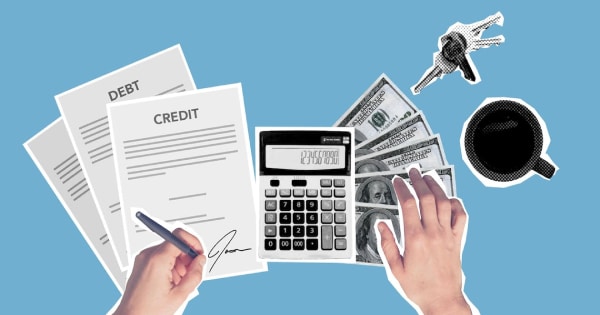Recently in early July 2023, the US Supreme Court ruled that student loan forgiveness by the Biden administration was unconstitutional.[1] Even Congresswoman Nancy Pelosi once remarked that Biden could not do it without an enabling law from the US Congress, and this was even used by the SC Justices to justify their ruling.
Biden’s new plan right now seems to be hinged on the Higher Education Act of 1965, since passing a new law is probably next to impossible with the Republicans in charge of the House. It remains to be seen whether that plan will succeed.[2] It is a bit hard to justify to a blue collar worker why the school loan of an accountant, a doctor, a lawyer, an engineer, or other white collar workers should be borne by taxpayers.
Already, the $32T debt that was the subject of the debt ceiling deadlock last June 2023 has already risen by another $1T after the ceiling was lifted. The US is funding weapons for the Ukraine-Russia war, among other expenses. Add the student loan forgiveness to that.
Notwithstanding the legal arguments for and against it, the resumption of school payments by those who still owe their student loans will cut into these people’s available discretionary budgets. Discretionary budgets are already affected by the rise of basic commodities due to inflation, and for those who have availed of long term home mortgages or other loans like car loans and business loans, higher monthly payments.
Discretionary spending is an important component of the economy particularly for items like smartphones, laptops, clothing, durable appliances, automobiles, travel, and the like. If your home mortgage payment has gone up because of the mortgage hike from around 3% to now around 7%, and you need to make student loan payments, then most of the discretionary purchases you had planned will probably get delayed or canceled.
That new iPhone can wait, but the home mortgage or rent, the electricity, the water, food, groceries, and other needs can’t have missed payments. Then you add the student loan payments to that. Many people will really feel that everything they are making is going to pay bills just to put food on the table and a roof over their head.
Unfortunately, US credit card debt is at an all time high.[3] Also most people’s savings have been depleted after the pandemic.[4] Plus with all this talk about a recession, if people lose their jobs they could go into a default and foreclosure, which is even worse.
Many companies are currently called zombie companies by some pundits. They are basically just existing with low cost of operations and low sales. Many of them could go belly up at any time. We don’t really hear about these companies as we are distracted by the great earnings from NASDAQ tech bellwether companies and other high flyers.
For entrepreneurs, small businesses, and corporates doing their sales forecasts, the availability of discretionary spending budgets for families is a major consideration. With this new forced set of payments by these student loan recipients, once again some of their sales may be affected, particularly for products and services targeted towards this group.
It will be a rocky road ahead for the next few months for discretionary spending. Companies need to sharpen their marketing efforts to be seen as needed expenses by families with tight budgets, else your product or service will be one of those that gets cut from the must have list this year.
SOURCES

